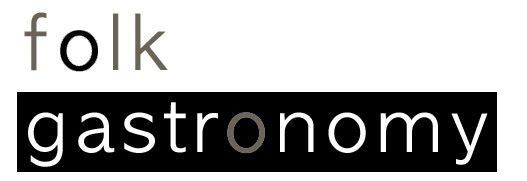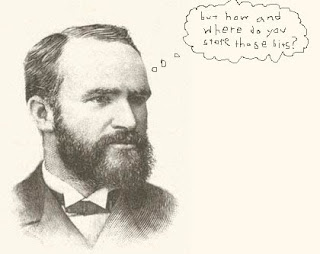most books on wine in the chicago public library system are found under the call TP548.XXXX, a very specific locus amidst row after row of books. the enumerative means utilized by an enquiring patron is greatly assisted by the Library of Congress Classification System (sorry melvil dewey), an alpha-numerical architecture that divides subjects into broad categories. walking to the circulation desk on my most recent CPL visit, i realized two things: 1. that what i was doing in the library was a lot like what i do at work when tasting wine, accessing a very specific bit of data from an enormous set, and 2. i don't like wearing wet socks. to be clear, by saying "accessing a very specific bit of data from a set", i mean to say that not only am i accessing the nuances of the glass of wine, but i'm then accessing specific memories related to the senses stimulated in my brain.
this leads me to a set of questions i ask myself over and over again when i'm tasting an intriguing wine: where and how do we store those bits of sensory data? i realize this is an enormous bit of reductionist thinking, breaking down each element of taste into a little gastro-byte, and that because of the associative nature of these data to couple to other cognitive functions such as emotion and long-term memory, simply looking for a single locus may tell us where we stash these elements, but little of how the collective grammar works. this dovetails nicely into another question: does each bit of sensory data have it's own, sovereign little home, or is it a cooperative part of a much bigger system of memory? and, most important to me, is why do i have such difficulty accessing these bits so often!? for help in understanding these matters of a swizzling, swivel chair pragmatist, i turned to the internet, a hand full of books from the CPL, and ultimately my favorite TLC song.
to answer the last question first, i chose to consult the wise, wine-sipping beagle (recently replaced the beacon) of neuroscience, or fMRI. functional magnetic resonance imaging measures the hemodynamic (changes in blood flow)response related to neural activity in the brain or spinal cord. studies using fMRI have compared the brain activity (which arranges the elements in the form of a map that is likely many years away from being enumerative) elicited by wine tasting in sommeliers and in casual wine drinkers. what these studies suggest is that the casual drinker stimulates their primary gustatory cortex and the amygdala*,implicated in emotional processing. the sommeliers, on the other hand, stimulated areas of the brain implicated in gustatory/olfactory integration in primates (hmmm) as well as areas in the brain implicated in high-level cognitive processes such as working memory and selection of behavioral strategies. this is fascinating, but how does this scientific insight help my problem of having the feeling that, drats!, i know i've tasted this taste before, but i can't seem to find where i put the memory of it (am i the victim of gastro-rendition!?)?
[image: sciencemag.org]
well, here goes the launch and fiery crash of my neuro-hack ambitions in about twelve sentences. fMRI is certainly one way of studying the seemingly insurmountable ephete-ness of the senses, suggesting for sake of length and your time/patience, two ideas. for one, it suggests that the principles of certain mnemonic techniques, for instance method of loci, also called the memory palace** (i can't remember if i went there as a child), may be used to essentially spatialize where we store specific taste memories. let's put to use those high-level cognitive processes to even better use and create a layout or context or map that will assist us in accessing these memories. and second, i think fMRI is a fascinating***, but ultimately circuitous means of confirming something we hear from the time we learn to drink from straws following local anesthesia: practice makes perfect. while perfection in the gustatory sense is as noble yet fruitless pursuit as fishing for turtles with salaami, managing to handle sensory input like it's negotiable and variable is a skill set that's able to be learned and molded over time. and this learning is accomplished, thankfully and pleasurably, by tasting, and tasting some more, by inputing our physical world.
so it is soon that i hope i can wrangle my senses and interface intellectually and meaningfully with what i am tasting, and, arguably more importantly, lessen the feeling that my body is experiencing an immunological event when challenged by a wine. the more i understand the formal principles of wine tasting, like the principles used in the CPL, the better i will become at creating memory, accessing memory, and communicating memory- while keeping in my heart the words of susan sontag:
"taste has no system and no proofs"
and TLC:
and TLC:
"little precious has a natural obsession for temptation but he just can't see"
*so named because of it's resemblance to an almond, which is a flavor some friulanos exhibit- "amygdal notes"?
**this, to me, makes trying to remember things sound way more enjoyable! think of the millions of memory palaces walking around chicago right now!
***what tackle, then, are we exacting in becoming better gastronomes? is it the brain, is it the taste bud? and how are we defining the levels of enjoyment- sensual, ethical?




No comments:
Post a Comment